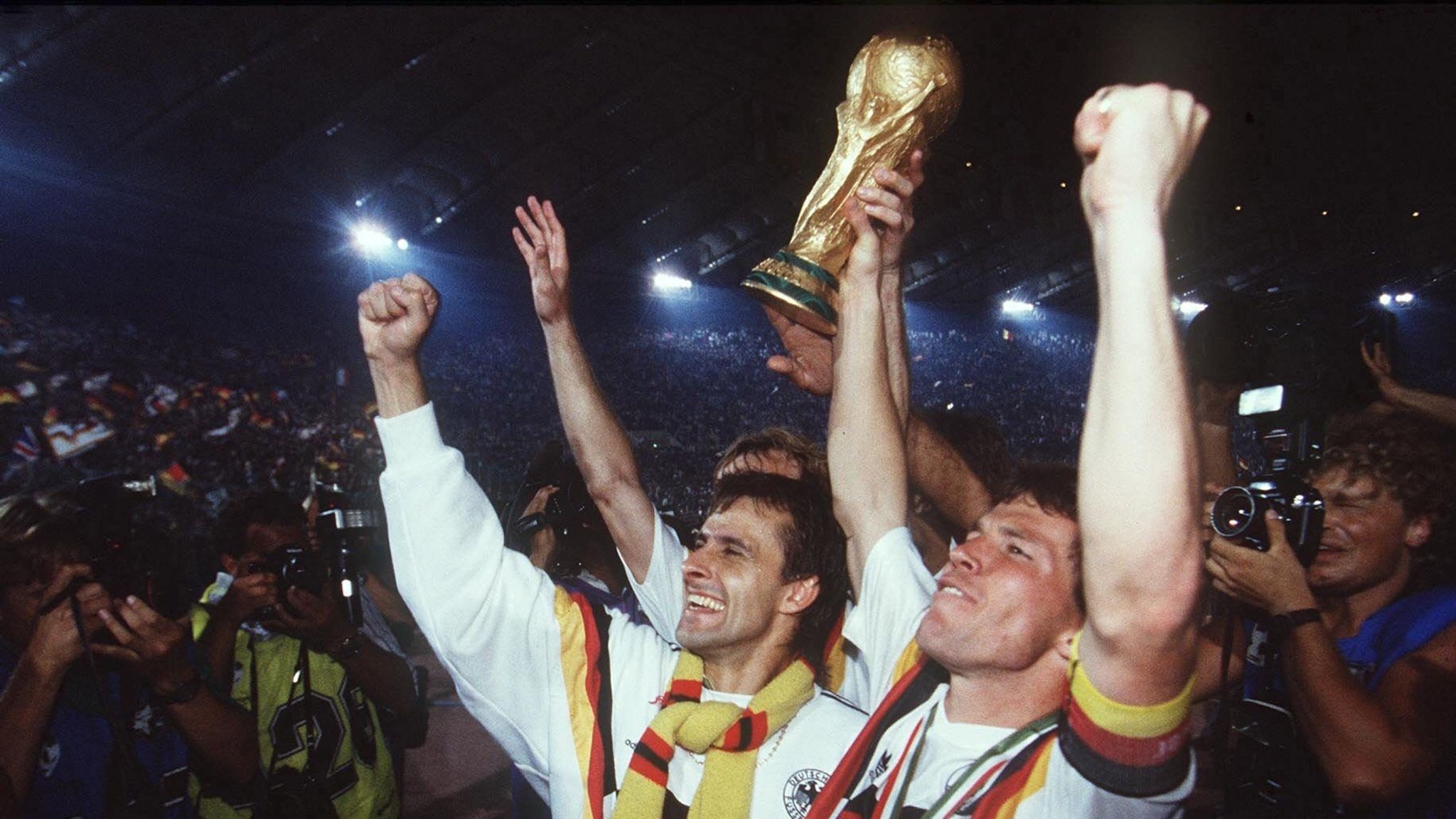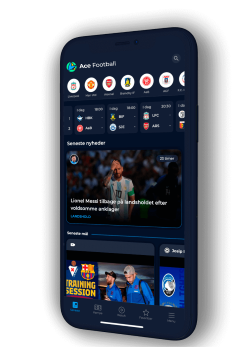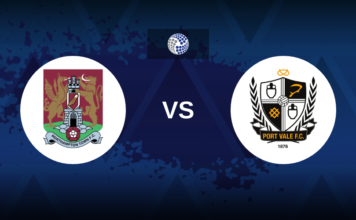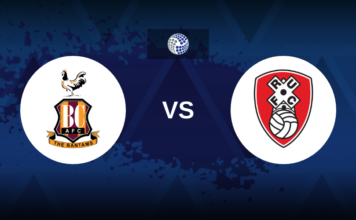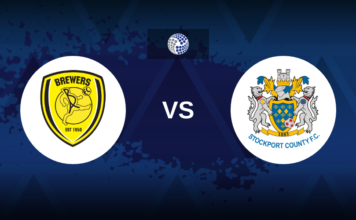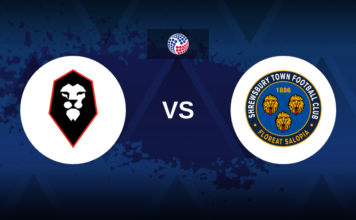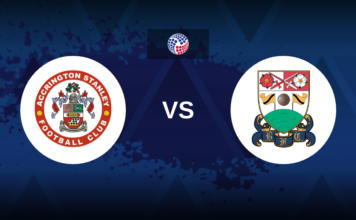Die Mannschaft have created a unique success story with their unmatched consistency in the World Cup.
Germany are one of the very few teams who are always counted among the World Cup favourites regardless of their form.
The reason for this lies in Mannschaft’s ability to compete at the highest level without relying on big names.
The Germans have won the World Cup four times, introducing a host of top-class talents each time.
Let’s review Die Mannschaft’s best-ever World Cup campaigns to learn about some of these players and their achievements.
3- World Cup 2014: An unstoppable team
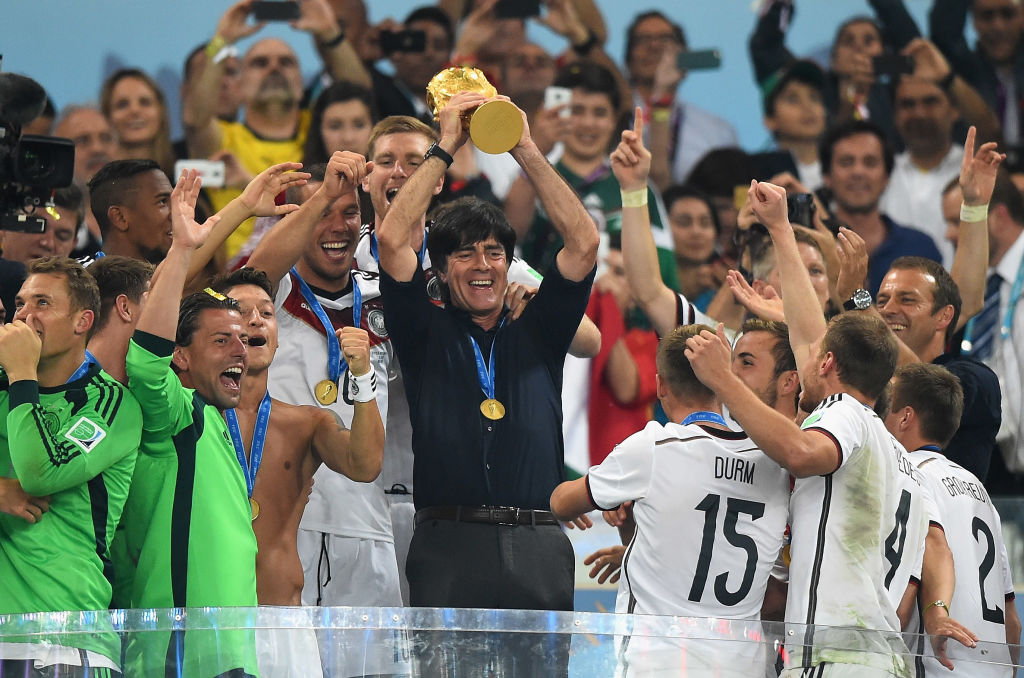
Germany came into the 2014 World Cup after several frustrating setbacks in their past few tournaments.
A second spot and two Bronze medals were the results of Germany’s three World Cup campaigns from 2002 to 2014.
As always, Bayern Munich players formed the backbone of Germany’s squad.
The Bavarians had won the Champions League a year before, and their German internationals were eager to end their country’s wait to reclaim the World Cup.
Germany started the World Cup with a statement win over Portugal. Thomas Muller scored a hat-trick as the Germans defeated their European rivals 4-0.
Joachim Low’s side then qualified for the second round as the group leaders by beating the USMNT and drawing 2-2 against Ghana.
Algeria stunned Germany with a wonderful display in the round of 16. But Manuel Neuer‘s heroics and a 119th-minute goal from Mesut Ozil sent them to the next round.
Die Mannschaft then defeated France with a narrow win as Neuer displayed yet another fantastic performance.
The Germans faced Brazil in the semi-finals, registering arguably the most bizarre result in World Cup history. They dismantled the hosts 7-1, reaching the final with incredible form.
Lionel Messi pushed hard to lead Argentina to the title when they met Germany in the final. The game went into extra time, with both sides losing a host of goalscoring opportunities throughout the game.
The match seemed destined to be decided in the penalties, but then came Mario Gotze’s winner, which sealed Germany’s fourth World Cup title in the 113th minute.
2- World Cup 1974: The Golden Generation
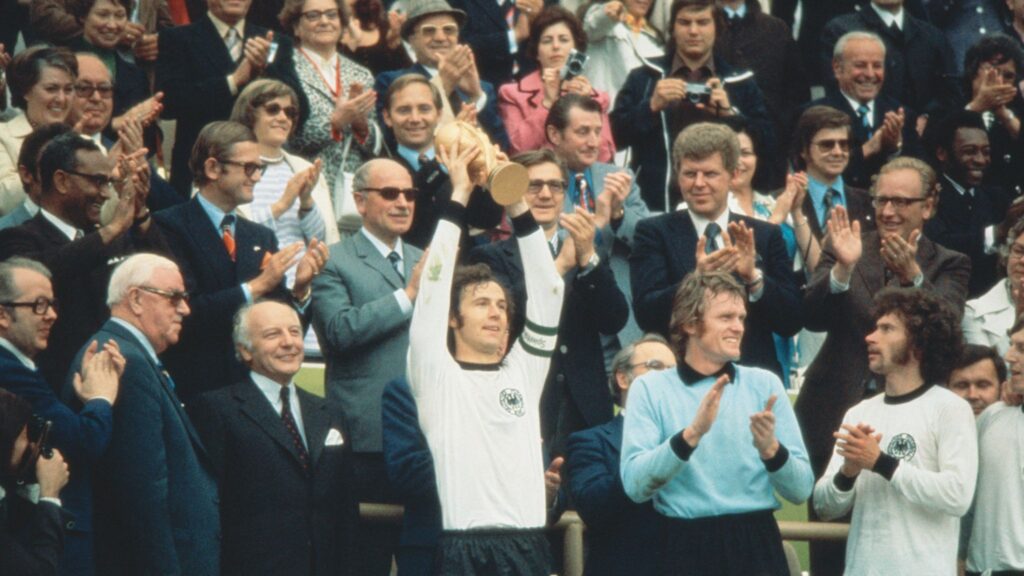
Bayern were at the very beginning of their 70s’ Golden Era’ when their German internationals participated in the 1974 World Cup.
West Germany hosted the games, with captain Franz Beckenbauer hoping to lead the Mannschaft to their second World Cup title.
Only two years before, he had helped Germany to win the Euro 1972 title with a victory against the Soviet Union in the final.
Beckenbauer and his host of legendary teammates lost 1-0 against East Germany in a politically charged match in the group stage. But that wasn’t enough to stop them from qualifying to the next round as the group leaders.
In the second group stage, Germany defeated Yugoslavia, Poland and Sweden to lead Group B with the maximum points.
Gerd Muller scored the winning goal for the Germans in the victory against Poland as the hosts reached the final on home soil.
In one of the most iconic games in World Cup history, Germany’s golden generation met Netherlands’ total football in Munich.
Johan Cruff and co went ahead only two minutes into the game. But the Germans came back into the game through Paul Breitner’s equalizer in the 25th minute.
The hosts maintained the pressure on Netherlands’ backline, finally completing their comeback two minutes before half-time.
Muller scored his last international goal to win the World Cup for Germany, with Netherlands being unable to bounce back in the second period.
1- World Cup 1990: A Revenge Story

Germany came very close to winning the World Cup trophy 12 years after their 1974 triumph. But Diego Maradona’s magic prevented them from winning the title in 1986.
Four years later, the Germans once again met Maradona and his teammates in the final.
Under Franz Beckenbauer, the Germans had suffered a frustrating semi-final defeat in the Euro 1988 two years before.
But they started the World Cup on a different note. Beckenbauer’s side smashed Yugoslavia and United Arab Emirates in the group stage while drawing 1-1 against Colombia.
The Germans then claimed a revenge victory over Netherlands by beating them 2-1 in the last-16 round. The game is remembered for the notorious fight between Rudi Voller and Frank Rijkaard.
A difficult quarter-final win over Czechoslovakia saw Lothar Matthaus send Germany to the next round with a penalty.
Germany faced another one of their old rivals when they met England in the semi-finals.
Andreas Brehme put Germany ahead, but a late equalizer from Gary Lineker saw the game being decided by penalties. Germany then won the spot-kicks 4-3, reaching the final in Rome.
Die Mannschaft was once again being put to the test against one of the best players in history. But this time, Maradona and his teammates weren’t able to penetrate Germany’s solid defence.
In the 65th minute and after a foul on Jurgen Klinsmann, Argentina’s Pedro Monzon became the first-ever player to receive a red card in a World Cup final.
The Germans dominated the game after Monzon’s exit, finally finding the match-winner through Brehme’s penalty in the 85th minute.
Germany’s 1990 team was far from being their best-ever team. But it best represented the two elements that define their football culture: Team spirit and hard work.
